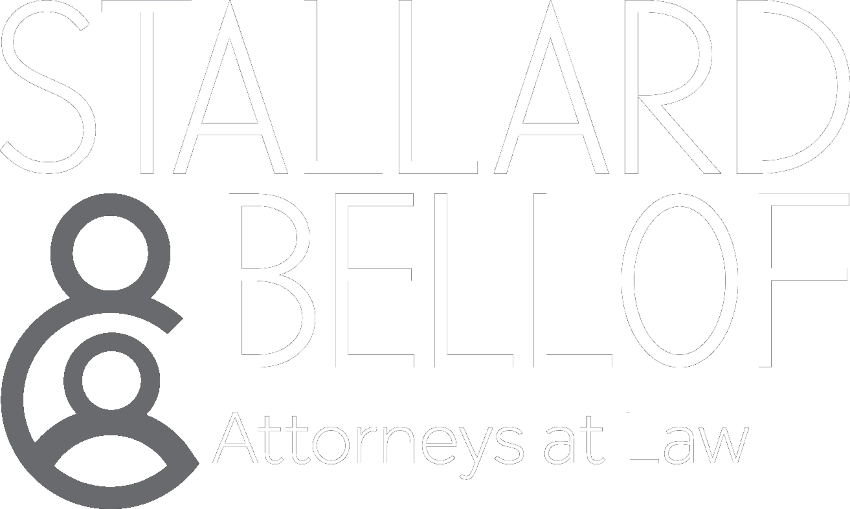Practice Areas - Probate and Estate Administration
Simplifying Probate and Estate Administration
in North Carolina

Practice Areas
Probate & Estate Administration
Dealing with the loss of a loved one is already challenging, and navigating the complexities of probate and estate administration laws can add to the burden. At Stallard & Bellof, we offer compassionate support to help you through this difficult time, providing guidance and expertise in handling these legal matters.
Probate and estate administration can be overwhelming and complicated. We’re here to guide you through the process from beginning to end.
Formal Estate Administration
When your loved one has left a valid will, our experienced team will assist you with the formal estate administration process. We work closely with the designated executor to meet all legal requirements, including validating the will, inventorying assets, paying debts, and distributing the estate according to the will’s terms.
In the absence of a will, known as dying intestate, North Carolina statutes determine the qualified administrator in the following order:
- The surviving spouse of the decedent.
- Anyone named to receive property in the decedent’s will.
- Any legal heir entitled to the decedent’s property by law.
- Any next of kin.
- Any creditor to whom the decedent was indebted before death.
- Any person of good character residing in the county who applies with the Clerk of Superior Court.
The appointed personal representative, whether an executor or administrator, must file an application with the Clerk of Superior Court to initiate the estate administration process.
Guidance through the Process
Publishing a notice to creditors is one of the initial tasks for the personal representative. This notice establishes a deadline for creditors to submit their claims against the estate. Claims must be filed within three months from the date of the notice’s first publication. If known or reasonably discoverable, individual notices must be personally delivered or mailed to creditors, providing them with instructions on how, when, and where to file their claims. No notice needs to be delivered or mailed for recognized valid claims.
Determining the need to file tax returns for the decedent or the estate is another crucial step. The overall timeline for settling the estate can be influenced by the requirement to file a return, necessitating early assessment.
After covering administration costs, funeral expenses, taxes, and valid claims, the remaining assets are distributed according to the will’s terms or as per the North Carolina Intestate Succession Act if no will exists.
Exploring Alternatives
Not all estates require formal administration. If the estate primarily consists of “non-probate” assets like life insurance, joint accounts with rights of survivorship, or retirement accounts with named beneficiaries, we can explore alternatives to formal estate administration that may be suitable for your situation.
Collection By Affidavit or Administration By Affidavit
In cases where the decedent’s personal property value (after deductions) does not exceed $20,000 ($30,000 if the spouse is the sole heir or devisee), an heir, creditor, executor, or devisee may administer the estate through an affidavit. The affidavit, filed with the Clerk, enables the affiant to transfer personal property such as bank accounts, vehicles, and investments, after obtaining certified copies.
Property distribution must occur within 90 days of filing the affidavit, and a final affidavit must be submitted to confirm the collection, disbursement, and distribution of the property. It’s important to note that real estate sales, leases, or mortgages within two years of the decedent’s death should not utilize this process, as creditors could potentially void the transactions.
Summary Administration
When the surviving spouse is the sole heir or devisee, a summary procedure exists for collecting and distributing the decedent’s property. With the clerk’s approval, the surviving spouse assumes liabilities of the decedent up to the received property’s value. Certified copies of the order granting summary administration facilitate the transfer of the decedent’s property.



